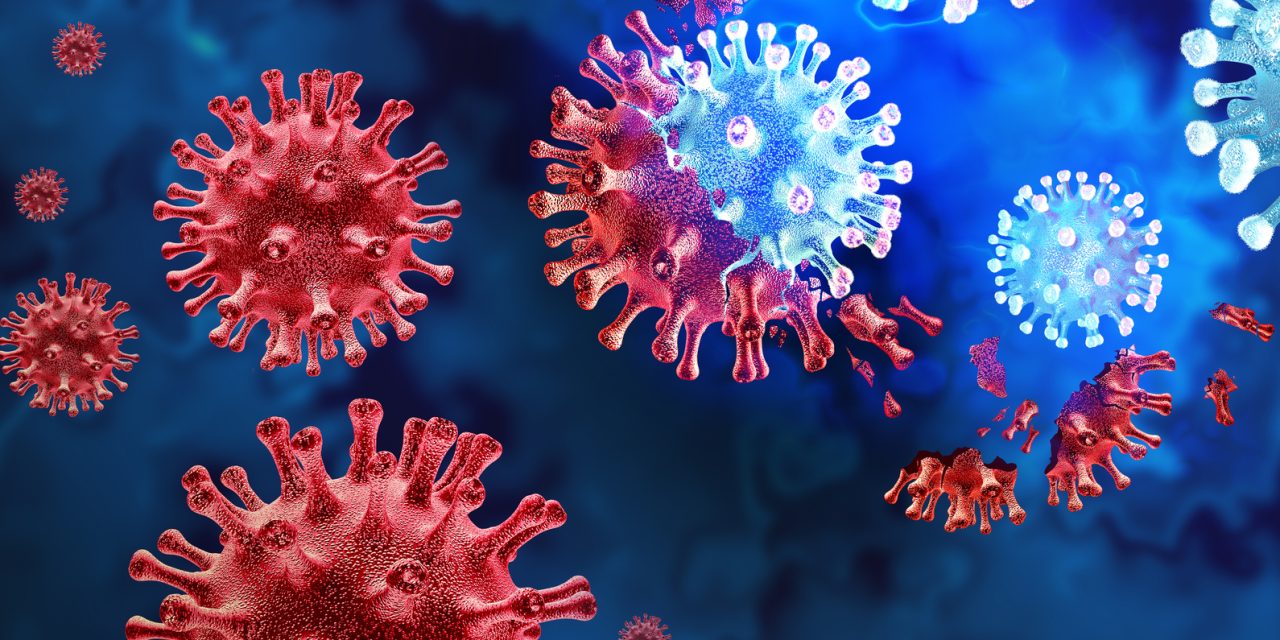Zoonotic hepatitis E virus (HEV) infection is an emerging global public health concern. It is usually transmitted to humans from domestic pigs (main host). Since virus-like particles (VLPs) exhibit unique structural and immunological characteristics that make them of momentous applications in vaccine development, the purpose of the present study was the production of immunogenic chimeric VLPs as vaccine candidates for the control of zoonotic HEV in its main host and the prevention of porcine circovirus associated disease, a multi-factorial disease with major economic repercussions on global pig industry. An immuno-informatics approach was applied for the design and screening of new chimeric antigens presenting the dominant immunogenic domains of both HEV and porcine circovirus 2 (PCV2). Then, using molecular cloning techniques, the chimeric proteins were expressed in Escherichia coli. After purification, full characterization of the physicochemical, morphological, and immunological properties of the target proteins has been conducted. The chimeric immunogens were successfully overexpressed and after the optimization of the expression conditions, 5 chimeric proteins were efficiently purified under native conditions. The purified HEV-PCV2 chimeric proteins were found thermo-stable and able to self-assemble into spherical virus-like particles. Four HEV-PCV2 chimeric proteins have displayed optimal antigenicity and immunogenicity properties, with the nPCV2cp-p166 chimeric immunogen slightly outranking the other designed proteins. In conclusion, this study reports the production of stable HEV-PCV2 chimeric VLPs that exhibited optimal antigenicity and immunogenicity and thus with potential applications in diagnostics and vaccine development. Besides, this study provides a reproducible approach for the design, assessment, and production of chimeric antigens.Copyright © 2022 Elsevier B.V. All rights reserved.
Efficient production and characterization of immunogenic HEV-PCV2 chimeric virus-like particles.


